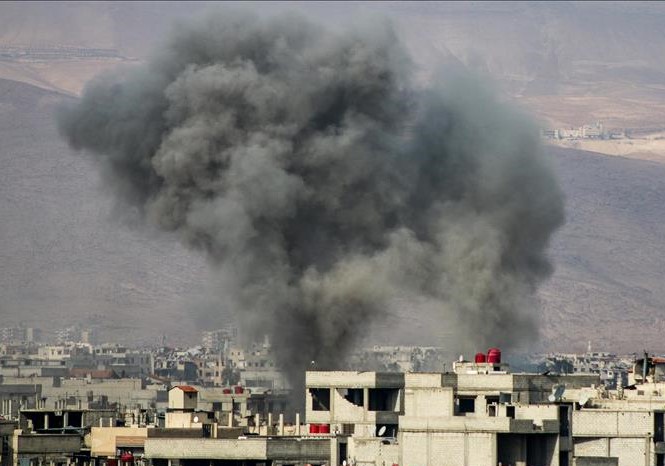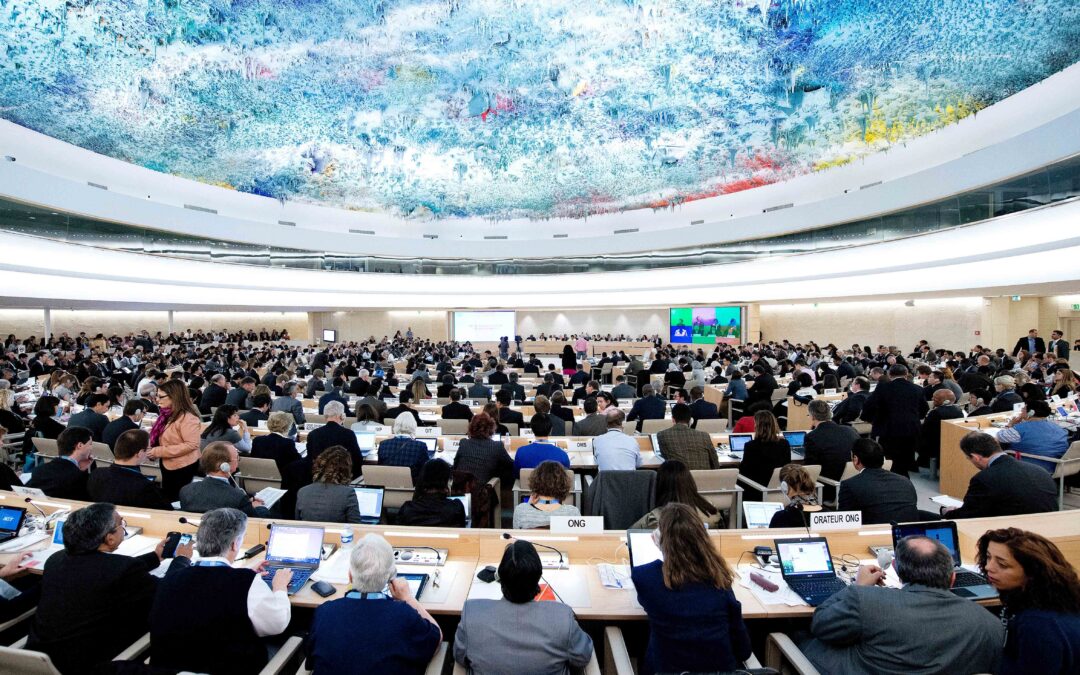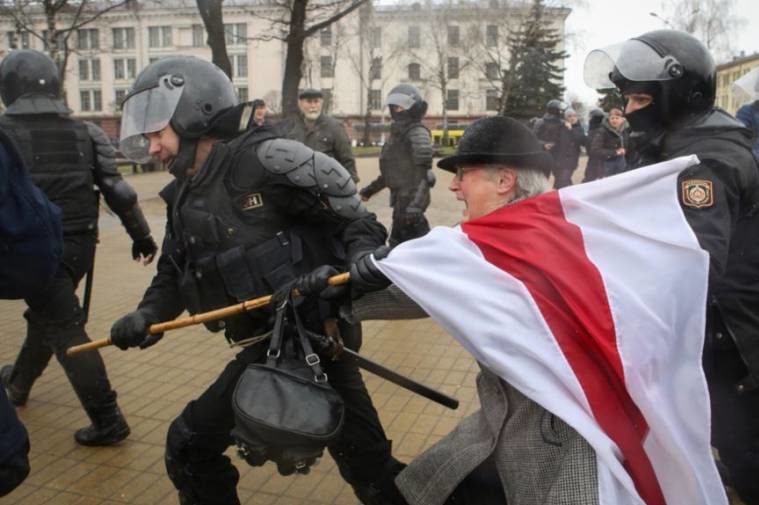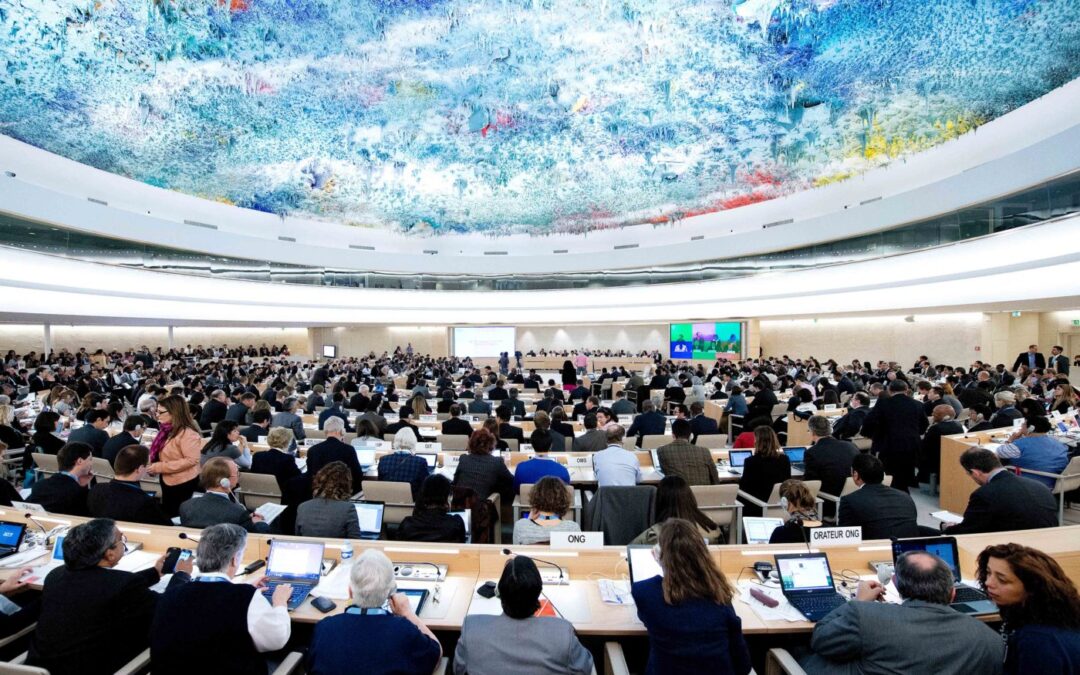
The ICJ calls on the Human Rights Council to fill the accountability gap in Syria
The ICJ today addressed the UN Human Rights Council in the Interactive Dialogue with the Commission of Inquiry on the Syrian Arab Republic.

The ICJ today addressed the UN Human Rights Council in the Interactive Dialogue with the Commission of Inquiry on the Syrian Arab Republic.

The ICJ today addressed the UN Human Rights Council in the Interactive Dialogue on the report of the UN High Commissioner for Human Rights on the situation of human rights in the Bolivarian Republic of Venezuela.

The ICJ today addressed the UN Human Rights Council during the interactive dialogue with the UN Special Rapporteur on the situation of human rights in Belarus.

The ICJ today addressed the UN Human Rights Council in the Interactive Dialogue on the Report of the UN Special Rapporteur on the right to privacy.

The ICJ joined civil society organisations in a statement to the UN Human Rights Council during the interactive dialogue with the UN Special Rapporteur on the promotion and protection of freedom of opinion and expression.